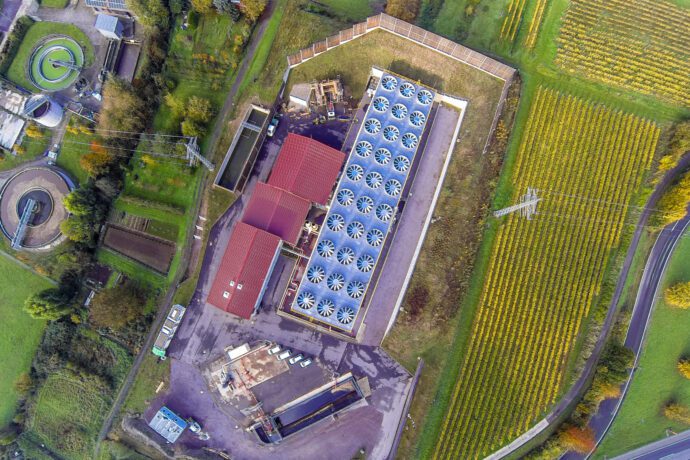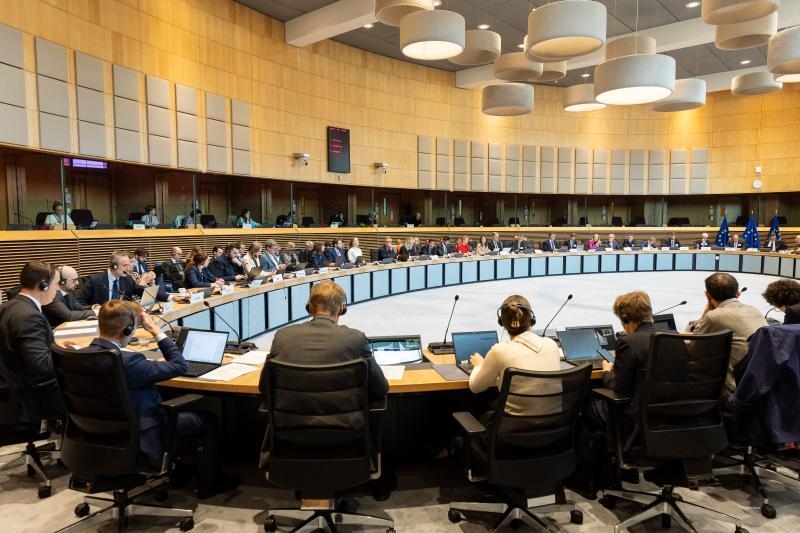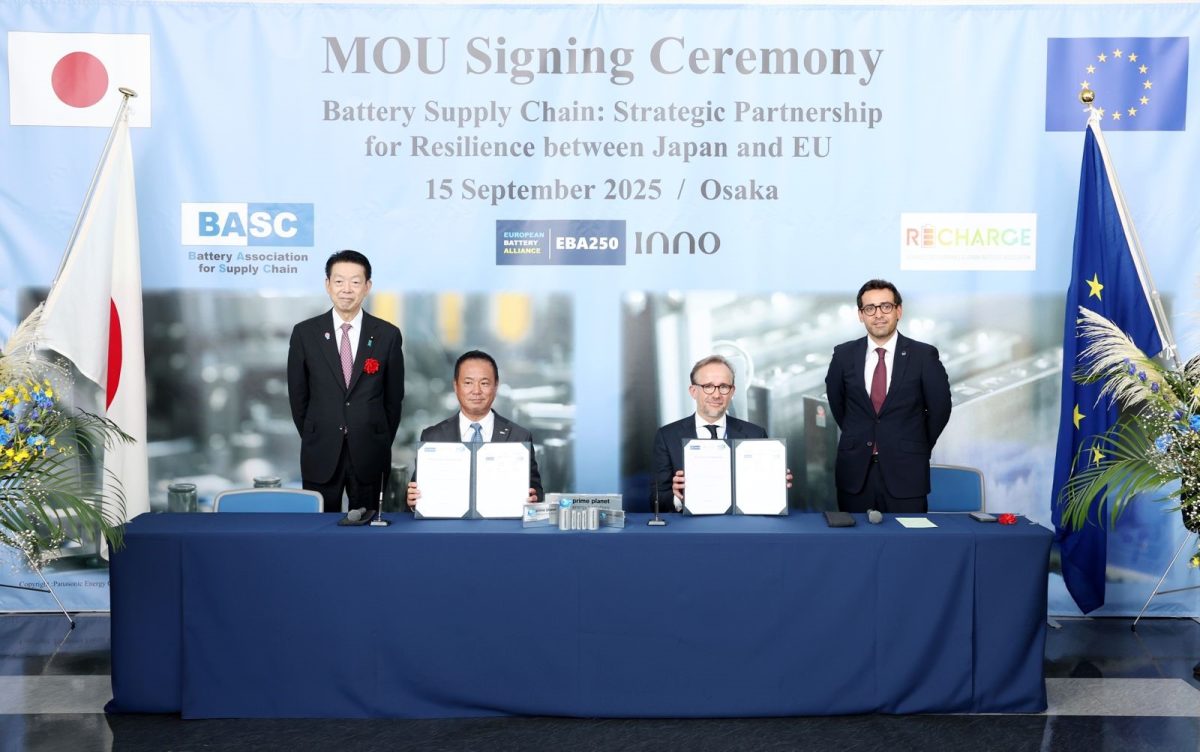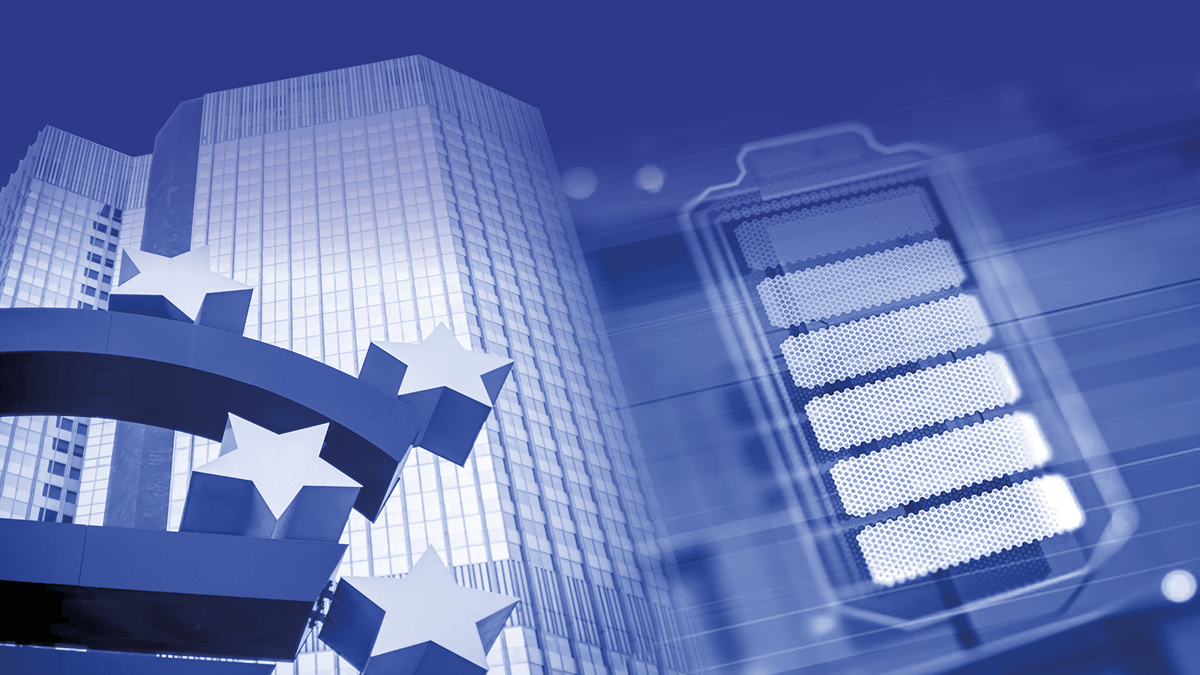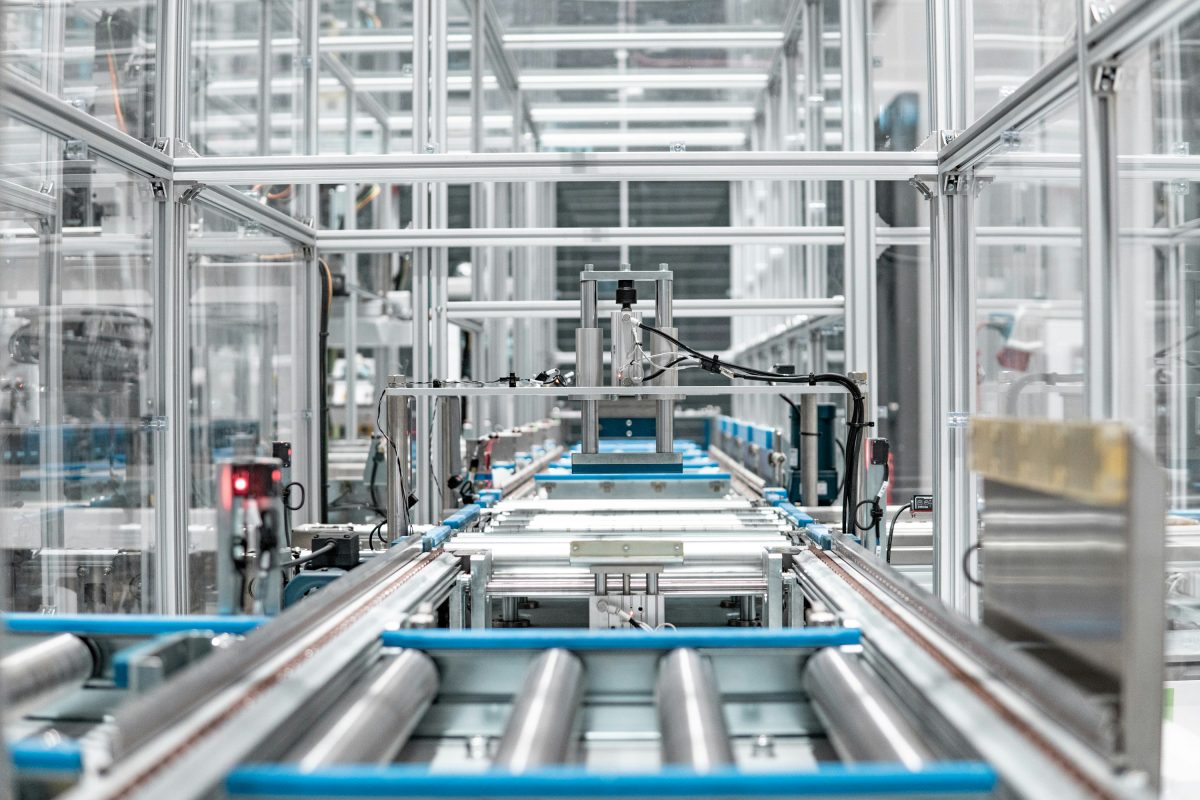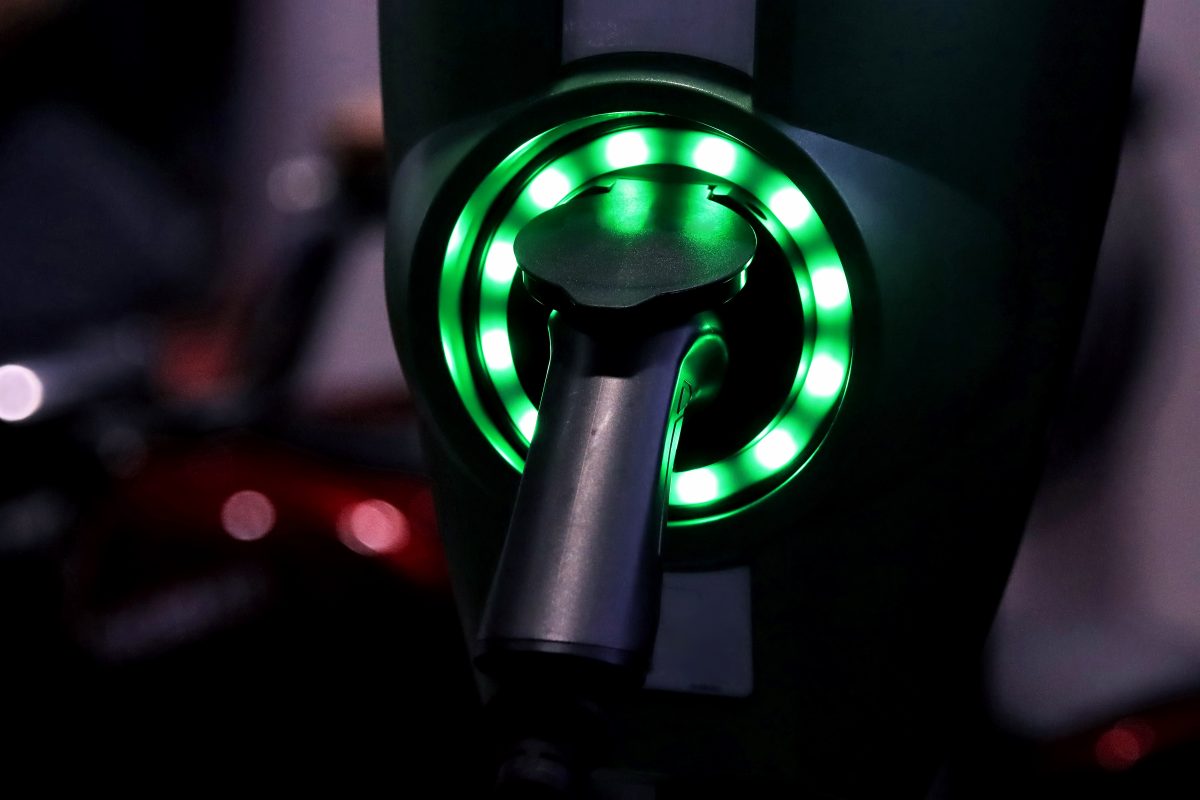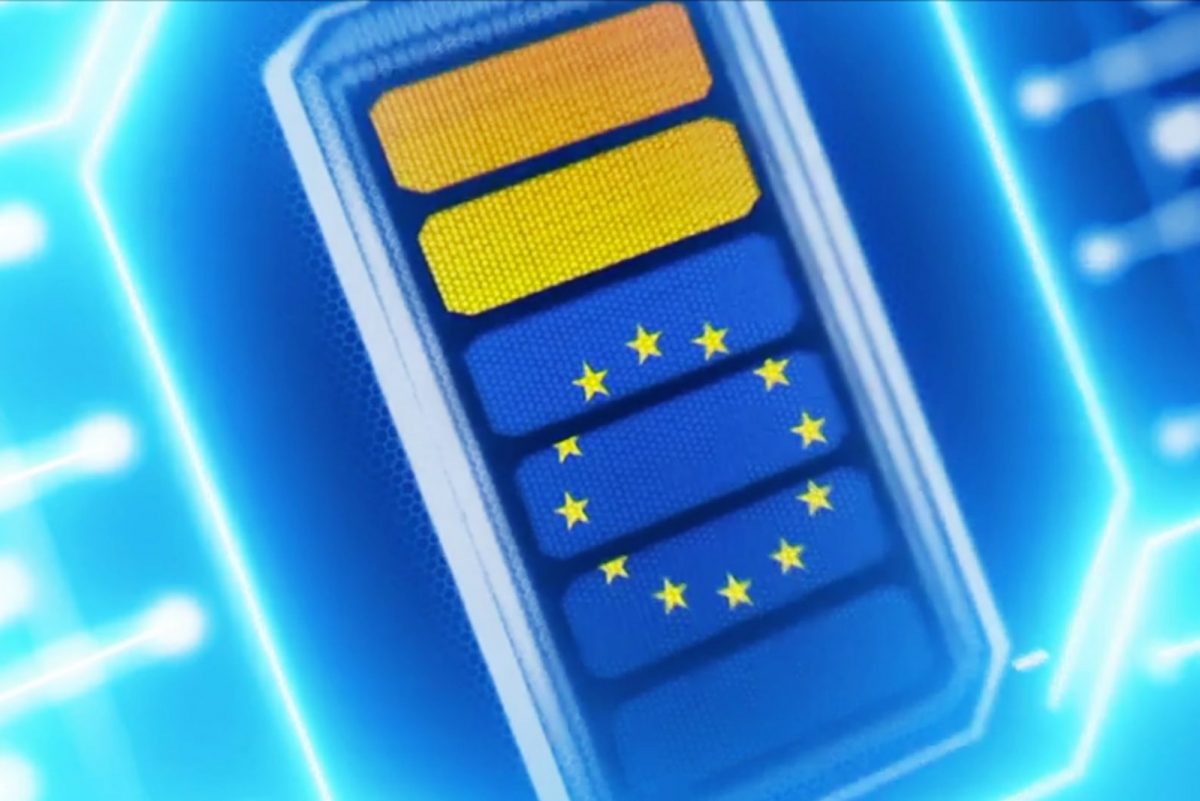
May 19, 2020
The European Battery Alliance to support EU’s post coronavirus recovery
We are proud to relay that today was held a high-level meeting with EBA250 industry representatives to discuss the role the European Battery Alliance (EBA) in EU’s post corona green recovery. “An accelerated EBA could front load 1 million new jobs and 200B€ of new business for Europe in the next 30 months, starting this June 2020”, declared Diego Pavia, CEO at EIT InnoEnergy.
Organised by EIT InnoEnergy, the meeting was chaired by Commission Vice-President Maroš Šefčovič. European Investment Bank Vice-President Andrew McDowell also participated. Both have been the key advocates of this strategic initiative since the early days. In addition, the CEOs of twelve companies representing the entire European battery value chain actively participated. They shared their action plans for accelerated contributions to the ambition, as well as the challenges to overcome.
A solid ground for success
Prior to the COVID-19 crisis, we witnessed positive signs that the European battery industry was gaining momentum. Since the launch of EBA in October 2017, Europe has gained market share in battery cell production. In addition, several lithium mining and processing investments have been initiated, recycling industrial pilots have been launched while OEMs have developed an impressive portfolio of electric vehicles (EVs).
Since the crisis kicked in, sales of traditional combustion cars have dramatically dropped. But those of EVs are yet close to estimated sales. And annual EV sales forecasts only predict a single digit decline in 2020.
In addition to this EV uptake, the recent strategic announcements from large car manufacturers prioritising EVs, the Member States’ ambitions outlined in the National Energy Climate Plans (NECP) and Nearly Zero Energy Buildings (NZEB), the increasingly mature European battery value chain and the strong industry commitment provide a solid ground to accelerate the European battery industry.
Accelerating the pace
In this context, we strongly believe that the ambitions in terms of jobs and growth in a green and circular economy can be reached earlier. But for this to happen, several elements need to fall into place.
The first one is lithium mining. Several initiatives, all abiding by EU environmental requirements, are underway in eight different Member States. With them, Europe could become self-sufficient to a 80% level by 2025. However, this requires to speed up the permitting processes, to mature the innovations in this field (conversion of raw material) and to enable financing for these nascent raw material industries.
Progressing in the value chain, the domestic battery cell manufacturing is now flourishing with several industrial initiatives across Europe. Europe has today the fastest growing battery cell industry of all continents. We need therefore to leverage on our European champions in industry 4.0 to get to the yields needed for such a volumetric industry. We also need to further mobilise the European machinery industry, increasing our resilience for the future.
Additionally, Li-ion battery recycling technologies are nearly optimal. The key industrial players are thus getting closer to securing a true circular economy in the battery industry. This not only increases Europe’s resilience but also greatly contributes to the Green Deal.
Finally, the industrial policy instruments like the soon-to-be-released Batteries Regulation need to be “fit for purpose” and pave the way for high levels of environmental and sustainable requirements for any battery produced or sold in Europe, in line with the capabilities of the European industry.
As of today, the European Battery Alliance has been delivering upon expectations. If further accelerated, the trusted industry-led ecosystem that we have established will be able to frontload the creation of the new jobs and growth initially planned for 2025. As this will also greatly support the EU’s post corona virus recovery, we look forward to carrying on our efforts.
More on this online high-level meeting can be found on the European Commission website. Read the statement by Vice-President Maroš Šefčovič following the meeting with high-level industrial actors under the European Battery Alliance.
More EBA250 news
The European Battery Alliance (EBA) welcomes today’s announcement by Executive Vice-President Stéphane Séjourné on…
Vulcan Energy has reached a major milestone with the Final Investment Decision (FID) for…
Today, a joint High-Level Ministerial Meeting of the European Battery Alliance (EBA) and the…
We are pleased to announce that today we have signed a Memorandum of Understanding…
The European battery sector does not need a new strategy – it needs a…
U.S.-based battery innovator Lyten has signed binding agreements to acquire all of Northvolt’s remaining…
The European Battery Alliance (EBA) welcomes the European Commission’s swift decision to award €852…
Last week, the European Commission published the Clean Industrial Deal State Aid Framework (CISAF),…
We are pleased to welcome Emma Nehrenheim as new Managing Director of the European…
As Europe’s battery cell manufacturers face increasing competitive pressure, EBA250 remains actively engaged in…

